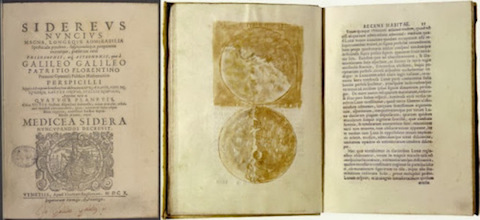I have a podcast problem… Too much audio and not enough time. This usually results in me listening to podcasts whenever I can, just to keep up with my growing feed. This summer I added to the problem by listening to the whole (and brilliant) History of Rome which led me to fall even further behind on my listening.
Then yesterday – the horror – my app crashed. This led to a frantic scrambling for the last backup – which naturally was way too old to be interesting. Thankfully, and with the wonderful twitter support my issue with RSSRadio Podcast Downloader was fixed by the developer himself and my listening could continue. So today, after the fact, its time to do a backup. And since I am doing that I may as well list the podcasts that right now have my ears. Here are the names and their rss feeds.
The History Hour – – – Analysis – – – Great Lives – – – Drama of the Week – – – The Moth – – – From Our Own Correspondent Podcast – – – Friday Night Comedy from BBC Radio 4 – – – Kermode and Mayo’s Film Review – – – Spanarna i P1 – – – Comedy of the Week – – – This American Life – – – The Infinite Monkey Cage – – – Revolutions – – – 99% Invisible – – – BackStory with the American History Guys – – – TED Radio Hour – – – Serial – – – The Why Factor – – – Thinking Allowed – – – A Point of View – – – In Our Time – – – Benjamen Walker’s Theory of Everything – – – Radio Diaries – – – The Truth – – – Fugitive Waves with The Kitchen Sisters – – – the memory palace – – – The Allusionist – – – Reply All – – – TLDR – – – Four Thought – – – Death, Sex & Money – – – Gastropod – – – Lore – – – No Such Thing As A Fish – – – Us & Them – – – Criminal – – – Life of the Law – – – Vox’s The Weeds – – – Intersection – – – Imaginary Worlds – – – KCRW’s UnFictional – – – The New Yorker Radio Hour – – – Radiolab – – – Invisibilia – – – Planet Money – – – Hidden Histories of the Information Age – – – Results May Vary Podcast Podcast: Design Thinking for Living – – – Popaganda – – – KCRW’s Here Be Monsters – – – The Philosopher’s Arms – – – Note to Self – – – Strangers – – – Esquire Classic Podcast – – – The Documentary – – – Moral Maze – – – The Heart – – – Radio Motherboard – – – 2 Dope Queens – – – Codebreaker – – – Longform – – – Call Your Girlfriend – – – For Colored Nerds – – – Imagine Otherwise – – – There Goes the Neighborhood – – – Monocle 24: The Urbanist – – – Audio long reads – – – Code Switch – – – The History of Rome – – – Bildningspodden – – – Radiolab Presents: More Perfect – – – Reasonably Sound – – – Flash Forward – – – The Nerdist – – – The History of English Podcast – – – The New York Public Library Podcast – – – You Must Remember This – – – Philosophize This! – – – PhDivas – – – Revisionist History – – – LIFE101.audio – – – ReLearning Podcast
Some of these I have been following for a long time, others I have gone back to listen to their whole back catalog (some may not longer be coming out with new episodes and I really need to delete them). Then there is some new stuff for me like PhDivas, of which I have only listened to one episode so far. And some I have just been released – like Life101 which is Mike Wesch’s new podcast project. 


The post crash and end of summer is a good time to go through my feed and begin prepping for the start of term – even when it comes to podcasts.







